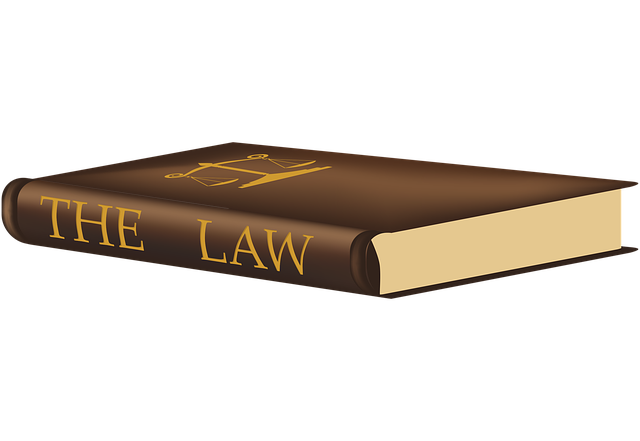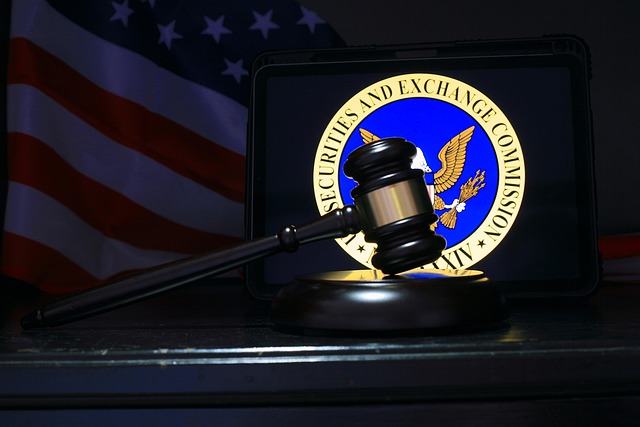Mail wire fraud and defamation cases pose significant challenges in the digital age, requiring legal professionals to excel at proving damages. This involves strategic evidence collection, navigating complex legal procedures, and understanding global variations in regulations. By meticulously documenting financial and reputational losses, plaintiffs can secure justice and mitigate losses, with specialized legal approaches crucial for robust defenses and successful outcomes.
Mail wire fraud, a sophisticated and increasingly common scheme, poses significant risks to businesses worldwide. This article offers a comprehensive guide to understanding mail wire frauds, their legal implications, and strategies for navigating these complex cases. We explore the techniques employed by scammers, with a focus on successful prosecution. Additionally, we delve into the crucial aspect of proving damages in defamation cases related to fraud, providing insights essential for businesses seeking protection and redress.
- Understanding Mail Wire Frauds: A Comprehensive Overview
- Legal Aspects of Defamation and Its Impact on Businesses
- Uncovering the Techniques Behind Successful Mail Wire Fraud Cases
- Strategies for Proving Damages in Defamation Cases Related to Fraud
Understanding Mail Wire Frauds: A Comprehensive Overview

Mail wire frauds are a significant concern in today’s digital age, where financial transactions often occur with just a few clicks. Understanding this type of fraud involves grasping how criminals exploit electronic communication and banking systems to defraud individuals and businesses. These scams can take various forms, from impersonating legitimate organizations to creating false accounts, all with the goal of stealing sensitive information or funds.
In cases of mail wire fraud, proving damages is a critical step in defamation lawsuits. It requires a comprehensive understanding of all stages of the investigative and enforcement process. Legal professionals must gather evidence meticulously, especially when dealing with corporate and individual clients. By employing strategic tactics, they can navigate these complex cases and win challenging defense verdicts, ensuring justice for victims and protecting them from financial losses. This is where expertise in navigating defamation cases and the associated legal procedures becomes invaluable, particularly in an era of rapidly evolving digital threats.
Legal Aspects of Defamation and Its Impact on Businesses

Defamation, whether it takes the form of libel or slander, poses significant legal risks for businesses in today’s digital age. When false statements harm a company’s reputation, understanding the intricacies of defamation law becomes paramount. Proving damages in defammation cases is crucial as it enables businesses to seek redress and mitigate potential losses. This process involves meticulous documentation and evidence collection, including demonstrating actual harm to one’s business reputation and assessing the extent of resulting financial or professional setbacks.
The legal landscape surrounding defamation varies across jurisdictions, but common themes include the requirement to prove malice, falsity, and substantial damage. Businesses must navigate complex regulations while also considering the broader implications for their operations and standing within the philanthropic and political communities. An unprecedented track record in managing general criminal defense strategies can be invaluable in navigating these legal aspects of defamation, ensuring businesses have a robust defense and the best chance of proving damages when necessary.
Uncovering the Techniques Behind Successful Mail Wire Fraud Cases

Uncovering the techniques behind successful mail wire fraud cases is a complex task, but essential for both legal professionals and individuals seeking to protect themselves. Scammers employ sophisticated methods to gain trust and exploit vulnerabilities in our financial systems. They often use compelling narratives and urgent language to pressure victims into quick decisions without thorough verification. For instance, they might impersonate trusted entities like banks or government agencies, creating a sense of urgency around a supposed emergency situation that requires immediate funds transfer.
Proving damages in defamation cases is another crucial aspect often intertwined with mail wire fraud. In many instances, the emotional and financial distress caused by fraudulent transactions can be used as evidence of harm. Legal experts specializing in these matters are instrumental in navigating the intricate web of proof requirements. Their goal, for his clients, is to achieve extraordinary results by unraveling the scammer’s strategies, securing justice, and mitigating further losses—all while ensuring that the legal process remains a robust defense against such malicious activities.
Strategies for Proving Damages in Defamation Cases Related to Fraud

When navigating proving damages in defamation cases related to fraud, a robust strategy is essential for securing just compensation. Plaintiffs must demonstrate the extent of harm caused by the defamatory statements, often involving complex financial and reputational analyses. This process involves gathering comprehensive evidence, including financial records, expert opinions, and media coverage, to illustrate the impact on an individual’s or business’s standing.
A well-crafted approach may include detailing lost opportunities, reduced profits, and the cost of repairing one’s reputation. Legal professionals play a pivotal role in guiding clients through this process, ensuring that every aspect of the case is meticulously presented. By employing these strategies, individuals can fight for winning challenging defense verdicts or even securing a complete dismissal of all charges, ultimately protecting their rights and interests.
Mail wire fraud remains a significant concern, with sophisticated techniques continually evolving. Understanding these schemes is crucial for both individuals and businesses to protect themselves. By examining legal aspects, uncovering common fraudulent practices, and employing effective strategies to prove damages in defamation cases related to fraud, we can collectively mitigate risks and ensure a safer digital landscape. Staying informed and proactive is key to navigating this complex issue.






